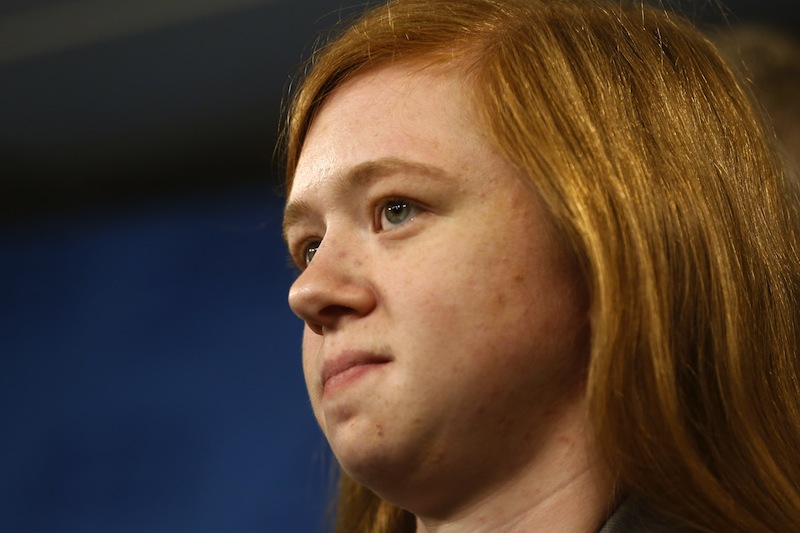AUSTIN, Texas (AP) — A white woman who claims the University of Texas improperly denied her admission because of race will get a second hearing before a federal appeals court on Wednesday, after the U.S. Supreme Court ordered the judges to take a another look at whether the school’s race-based admissions policy remains necessary to ensure a diverse student body.
The Supreme Court said a three-judge panel on the 5th Circuit Court of Appeals didn’t properly apply past decisions when it ruled in favor of the university. The court, normally based in New Orleans, chose to hold a rare hearing in Austin, where the university is based. Appeals courts may choose to meet anywhere in their district.
University officials say race plays a role in only 25 percent of admissions and that the complex formula they use for the rest makes it impossible to know if race was the deciding factor in the case of Abigail Fisher, a Texan whose admission to the Austin school was denied in 2008.
The appeals court denied Fisher’s appeal after she lost In district court. But in June, the Supreme Court ruled 7-1 that the appeals judges erred in not taking a close look at UT’s policies, saying a court should approve the use of race in admissions only after it concludes “that no workable race-neutral alternatives would produce the educational benefits of diversity.”
In past cases, the nation’s highest court has ruled race may be used to determine admissions to ensure diversity and provide a better education for all students.
Fisher’s attorneys argue in new court papers that such a policy is unnecessary at UT because most students are admitted when they fall within the top 10 percent of their high school classes, and as a result, the campus is sufficiently diverse. Fisher did not meet that standard, but had applied for one of the remaining places.
“UT has not met its burden of explaining … its untenable conclusion that minority enrollment levels would fall short, absent racial preference, of the numbers needed to meet UT’s educational goals,” her attorneys wrote.
University officials said the policy was necessary because while aggregate numbers show overall diversity, minority students are not evenly distributed across all colleges and classrooms. They argued their policy respects the individuals’ accomplishments and that a race-based formula was the only workable solution.
“Race is but one of many factors considered, in the context of an applicant’s full file, along with her various academic achievements (beyond grades and test scores), her potential to contribute to geographic diversity, socio-economic diversity, cultural diversity, and so on,” UT’s attorneys wrote.
The challenge to the Texas plan gained traction in part because the makeup of the Supreme Court has changed since the last time the justices ruled on affirmative action in higher education in 2003. Then, Justice Sandra Day O’Connor wrote the majority opinion that held that colleges and universities can use race in their quest for diverse student bodies. O’Connor retired in 2006, and her replacement, Justice Samuel Alito, has shown himself to be more skeptical of considerations of race in education.
___
Follow Chris Tomlinson on Twitter at http://twitter.com/cltomlinson
Copyright 2013 The Associated Press. All rights reserved. This material may not be published, broadcast, rewritten or redistributed.










